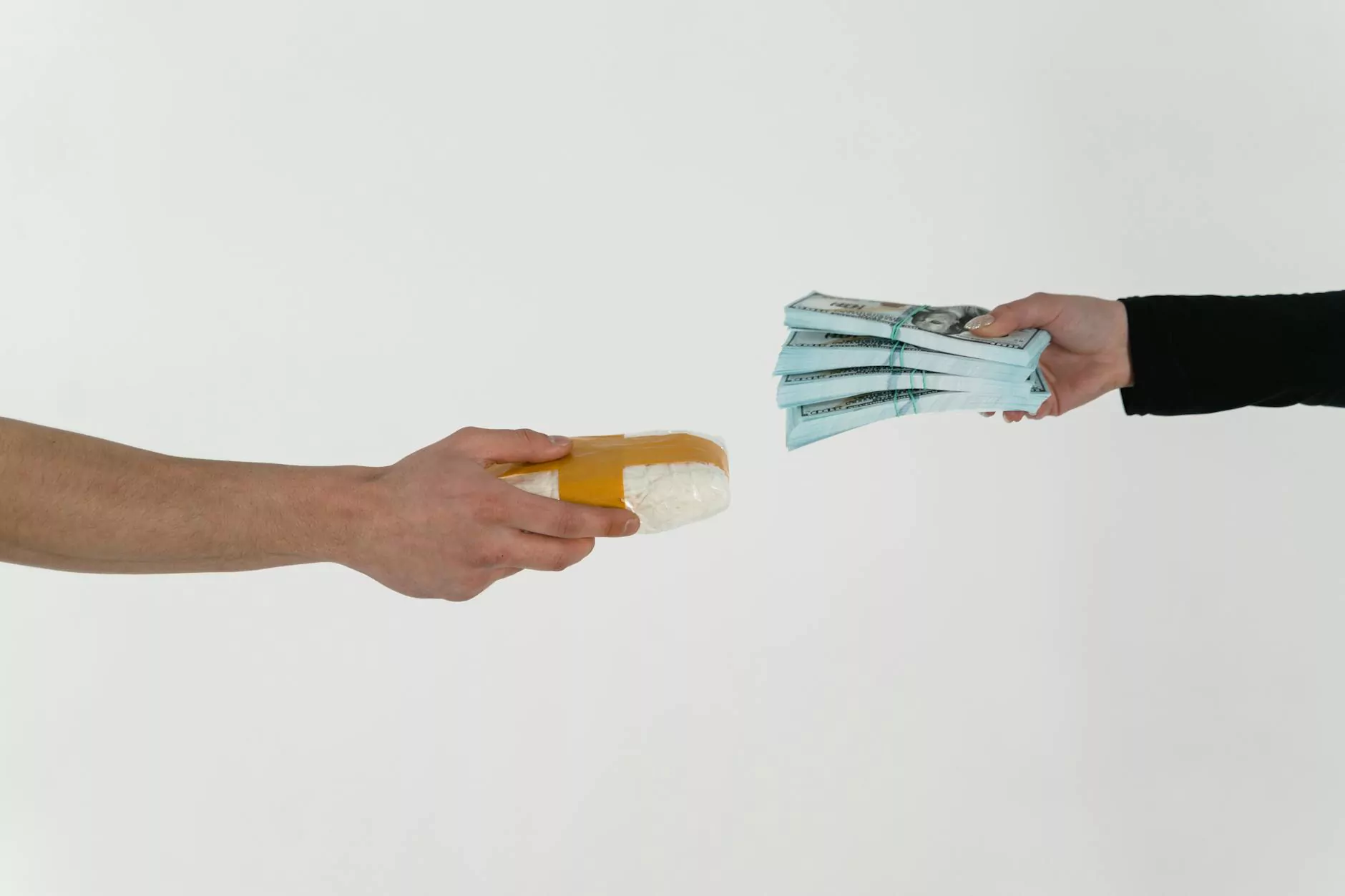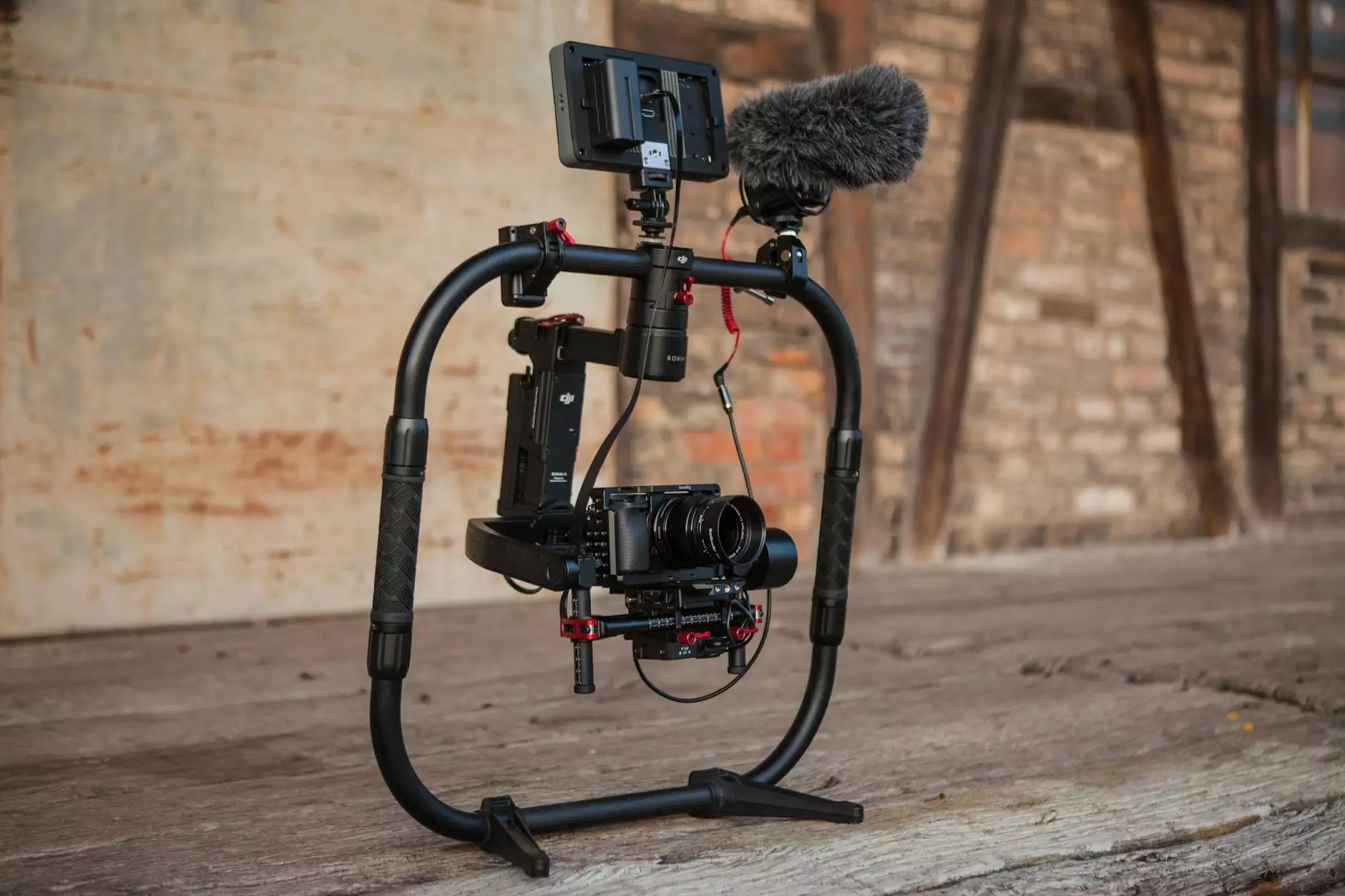Understanding Horse Injections: A Comprehensive Guide

In the world of equine healthcare, horse injections play a critical role in ensuring the optimal performance and health of horses. For horse owners, trainers, and veterinarians alike, understanding the various types of injections, their purposes, and the best practices surrounding them can significantly impact the health and well-being of these magnificent animals. In this article, we will delve into everything you need to know about horse injections, helping you make informed choices regarding your equine companions.
What Are Horse Injections?
Horse injections refer to the various methods of delivering medication or therapeutic substances via injection directly into a horse’s body. These methods can include:
- Intramuscular Injections (IM): Administered directly into the muscle, this method is commonly used for vaccines, antibiotics, and anti-inflammatory drugs.
- Intravenous Injections (IV): These injections are placed directly into the bloodstream and are typically used for emergency treatments and rapid delivery of medications.
- Subcutaneous Injections (SQ): Delivered just under the skin, subcutaneous injections are often employed for vaccinations and medications that require slower absorption.
- Intra-articular Injections: This technique involves injecting therapeutics directly into a joint, commonly used for joint pain and arthritis treatments.
The Importance of Horse Injections in Equine Healthcare
Injections in horses serve several vital purposes that help maintain their health and performance. Understanding these can help horse owners and caretakers recognize when their horses may need such treatments:
1. Vaccination
One of the most crucial roles of horse injections is vaccination. Vaccines help prevent various contagious diseases, ensuring that horses remain healthy and reducing the spread of illness within herds. Core vaccines for horses include rabies, tetanus, eastern and western equine encephalomyelitis, and West Nile virus. Regular vaccinations contribute to herd immunity and protect not only individual horses but also the broader equine community.
2. Pain Management
Horses, like any other animals, can suffer from pain due to injuries, surgical procedures, or underlying health conditions. Therapeutic injections, such as corticosteroids or joint injections containing hyaluronic acid, can provide significant relief for horses suffering from conditions like arthritis or laminitis. This innovative use of injections ensures that horses remain active and pain-free, which is essential for their quality of life.
3. Performance Enhancement
In the competitive world of equestrian sports, maintaining a horse's peak performance is paramount. Certain injections can enhance a horse's stamina, recovery, and overall performance. For instance, some trainers may use muscle relaxants or anti-inflammatory medications strategically to allow horses to perform at their best. However, it is essential to note that the use of performance-enhancing drugs should always comply with competition regulations to maintain fairness and integrity in the sport.
4. Emergency Treatments
In cases of emergencies, timely treatment can make a significant difference between life and death for a horse. Intravenous injections can provide rapid administration of fluids, electrolytes, and medications, crucial in responding to conditions such as colic or shock. Horse owners and caretakers should always have a basic understanding of how these injections work and when to seek veterinary help.
Best Practices for Administering Horse Injections
Administering injections can be daunting for those unaccustomed to the process. However, adopting best practices can ensure both the safety of the horse and the effectiveness of the treatment:
1. Preparation is Key
Before administering any injection, ensure you have all necessary supplies ready. This includes the medication, syringes, needles, alcohol wipes, and any other materials that might be needed. Read all labels carefully and ensure the medication is appropriate for the horse's condition.
2. Know Your Horse
Familiarize yourself with the horse's anatomy and understand where to administer the injection based on the type. Ensure the horse is calm and stress-free during the process. Holding the horse securely can help reduce movement and make the injection easier.
3. Follow Proper Technique
For injections, always follow proper techniques to minimize discomfort and risks. Clean the area systematically with an alcohol pad, insert the needle at the correct angle, and ensure the injection is given slowly. This reduces pain and potential injury.
4. Observe for Reactions
After administering the injection, monitor the horse closely for any signs of adverse reactions, such as swelling, lameness, or unusual behavior. If any concerning symptoms arise, consult a veterinarian immediately.
Common Types of Medications Administered via Horse Injections
Horse injections can deliver a wide variety of medications. Understanding these can help horse owners make informed decisions about care:
1. Vaccines
As previously mentioned, vaccines are a significant category. They are essential for preventing diseases that can negatively impact horse health. Core and non-core vaccines should be part of a regular health program.
2. Antibiotics
Infections are a constant threat to horses, and antibiotics may be required for infections resulting from wounds, surgeries, or underlying diseases. Common antibiotics for horses include procaine penicillin and gentamicin, often given via injections for faster absorption and action.
3. Anti-Inflammatory Drugs
Medications like phenylbutazone and flunixin meglumine are frequently used to manage pain and inflammation in horses. These drugs can be administered via injection to quickly alleviate symptoms and promote healing.
4. Hormonal Treatments
Some conditions in horses require hormonal treatments, such as equine chorionic gonadotropin (eCG) and prostaglandins. These medications can regulate estrus cycles or treat reproductive issues and are commonly administered via injections.
Conclusion: The Role of Horse Injections in Upholding Equine Health
Understanding horse injections and their various applications is vital for any horse owner, trainer, or caregiver. From vaccinations that prevent disease to pain management solutions and emergency responses, injections play a crucial role in maintaining the well-being and performance of horses. As you navigate the complexities of equine healthcare, always consult a qualified veterinarian for advice tailored to your horse's specific needs.
By incorporating good practices into your horse care routine and staying informed about the latest developments in equine medicine, you can ensure your horse leads a healthy, active, and fulfilling life. For more information and resources about horse health, visit racehorsemedcare.com.









